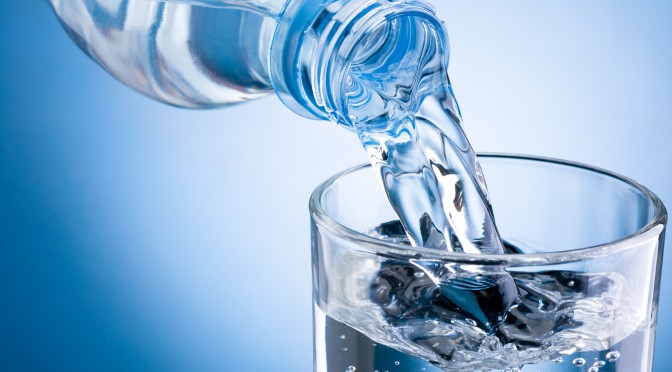Have you ever heard the adage that you are what you eat? Well, it may be more appropriate to say that you are what you drink. And whether you realize it or not, water is the main ingredient of everything, including your body.
With all the organs, bones, and muscles in your body, you may be surprised to know that more than half of your body is composed of water. Water flows through you like a literal fountain of youth, spreading to every part of your body to keep it as healthy as possible. Not only does water help your body digest and absorb all of the food that you eat, but it also keeps your body healthy and young. With sufficient amounts of water, your blood circulates better, your body temperature remains stable, your cells receive all of the nutrients and oxygen they need to thrive, and your organs and joints are protected from unnecessary wear and tear.
If you are reluctant to believe that water plays such a pivotal role in your life, consider what happens when you don’t get enough water. You can become dehydrated, your skin can crack, your brain can become foggy, and your joints and organs can suffer.
Of course, as another adage goes, there can also be too much of a good thing. If you drink too much water, you can potentially reverse all of the good that drinking water does in the first place. An abundance of water can dilute your electrolytes, make your bladder swell, and alter your sodium equilibrium. Simply put, too much water can make you feel like you are drowning in a lake of your own fluids.
As terrifying as that may sound, severe electrolyte dilution is very rare and the chances of you drinking an unhealthy abundance of water are slim. You can avoid health risks from drinking too much or too little water by monitoring the amount of water you drink. Water is the basis of life and with the right amount of water, your body can thrive. Every day you lose almost two liters of water through basic actions like sweating, breathing, and bathroom functions. Your goal is to replenish what you lose, so you should try to drink about two liters of water a day. Since most people do not count by liters, try to aim for somewhere around eight cups of water every day.
Depending on your physical activity level, you may require more water on a daily basis. It is safe to assume that you will lose more water if you run a marathon than you will if you sit behind a desk all day, so use your best judgment. If you are extra active, drink a bit of extra water.
No matter what your physical activity level may be, remember that there is no substitution for water. Sports drinks and caffeinated beverages may taste great and give you a temporary boost, but they are not adequate replacement fluids. Caffeine serves as a diuretic which will kick your bladder into overdrive and almost instantly expel all of the liquid you drank. Sports drinks are full of electrolytes, but they are also loaded with sugar. Try to balance your overall beverage consumption with a good amount of water and you should be all set.
Now that you have this knowledge, it’s up to you to keep your body happy. So drink up, everybody! Your body and your health will surely thank you.

